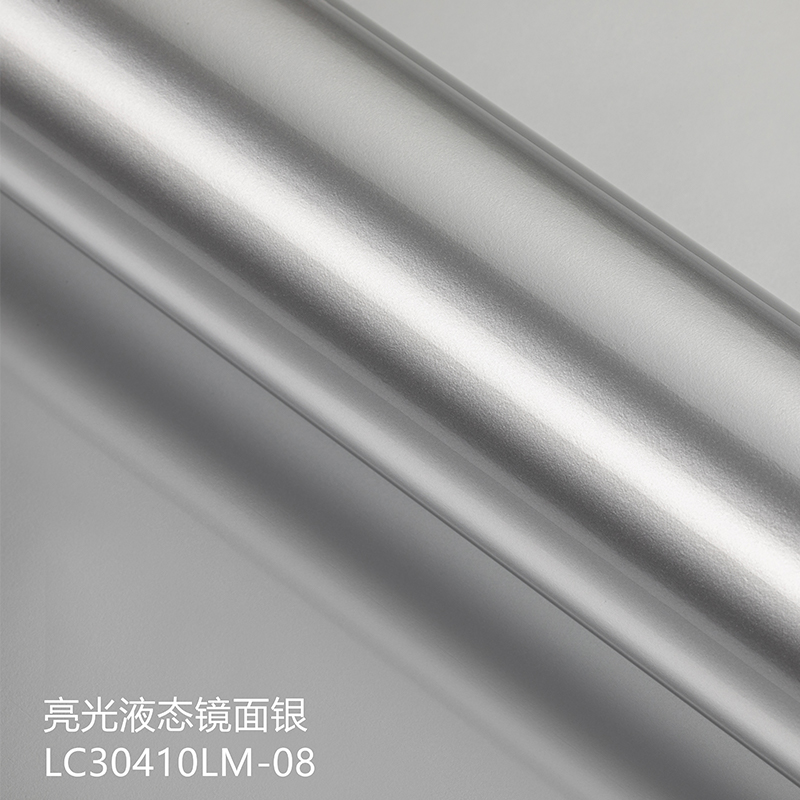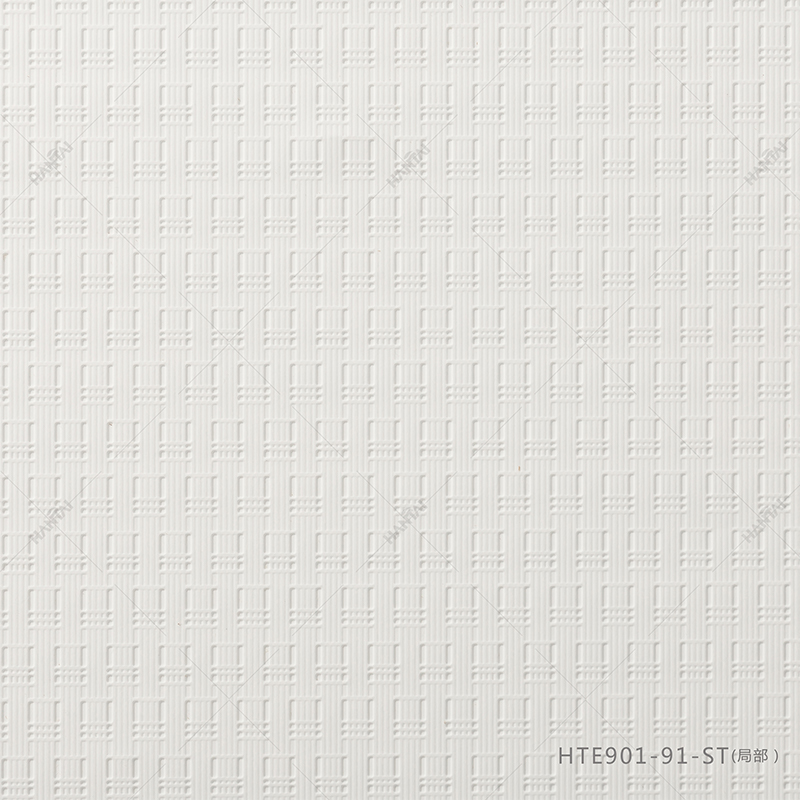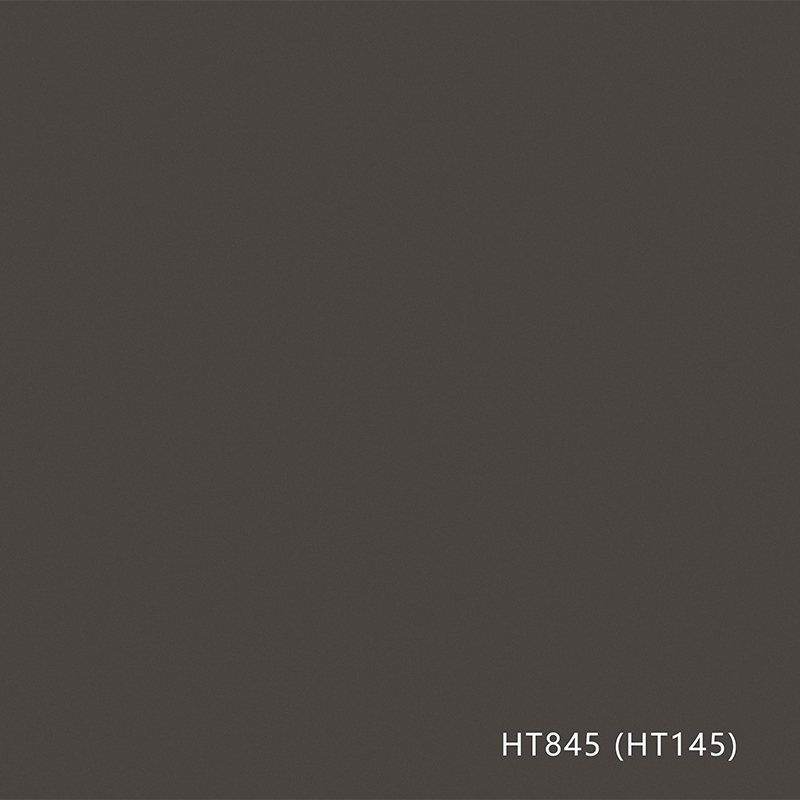Car wraps have become a popular choice for vehicle owners looking to change the appearance of their cars without resorting to a permanent paint job. However, a common concern among car enthusiasts is whether car wraps can be applied over rust. Rust is a common problem, particularly in older automobiles or those exposed to extreme weather conditions. In this article, we will explore the possibilities and limitations of applying car wraps over rusted surfaces.
Understanding Car Wraps
Car wraps are vinyl-based materials that adhere to the surface of a vehicle, providing a protective layer and a customizable appearance. They come in a variety of colors, patterns, and finishes, making them a versatile option for those who want to personalize their vehicles. While car wraps can be an efficient method to update a vehicle's appearance, they do not address underlying structural concerns such as corrosion.
The Problem With Rust
Rust is the result of the oxidation of iron or steel when exposed to moisture and oxygen. It weakens the metal, compromises the structural integrity of the vehicle, and, if left untreated, can lead to serious safety hazards. Directly applying a vehicle wrap over rust is not a suggested remedy because it does not address the underlying source of the problem.
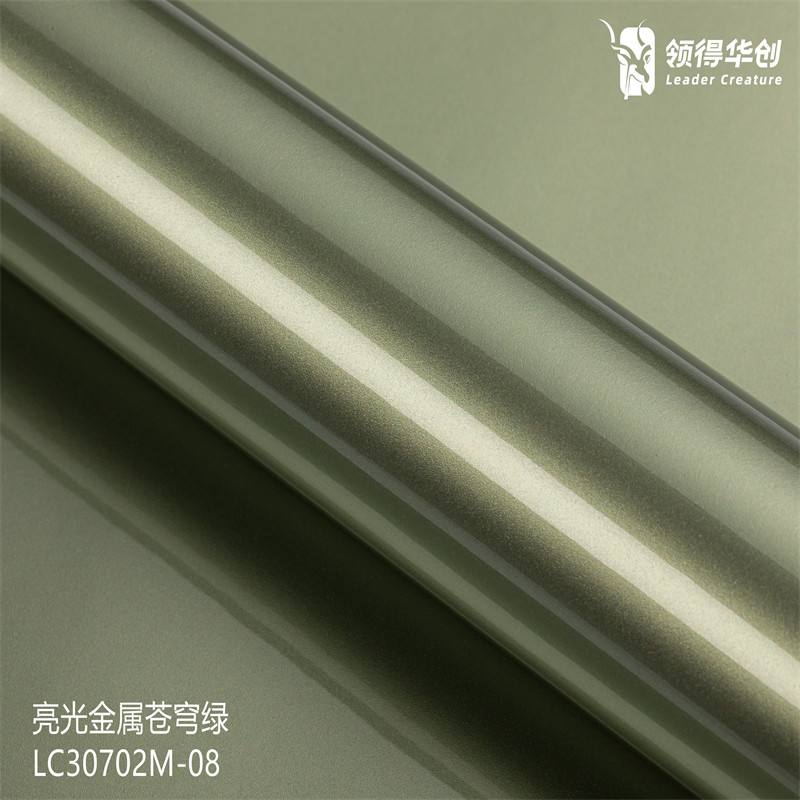
Limitations Of Car Wraps On Rusty Surfaces
Adhesion Issues
When contemplating the application of a car wrap over a rusted surface, adhesion issues pose a significant challenge. Car wraps adhere best to smooth and even surfaces. Rust, however, introduces an irregular and rough texture that makes it difficult for the adhesive backing of the wrap to establish a secure bond. Inadequate adhesion results in an uneven look and the possibility of early peeling or lifting of the vehicle cover. Addressing this issue necessitates careful planning and consideration of surface conditions.
Surface Preparation
Surface preparation is critical for a successful car wrap application, and it becomes even more critical when dealing with corrosion. Rust requires particular treatment, such as thorough sanding, priming, and, in certain cases, the application of a rust converter. Sanding is essential to create a smooth and even surface, while the application of primer helps the wrap adhere securely and prevents further corrosion. Neglecting proper surface preparation can lead to the failure of the car wrap, as it won't adhere properly to a rusty or uneven surface.
Temporary Solution
It's essential to recognize that car wraps are designed as a temporary solution for altering a vehicle's appearance. While they can offer a quick and cost-effective facelift, car wraps are not a remedy for structural issues such as rust. Applying a wrap over rust may visually conceal the corrosion temporarily, but it does not address the underlying problem. As rust spreads beneath the wrap, it can aggravate structural deterioration and jeopardize the vehicle's safety. Wraps should be viewed as a cosmetic enhancer rather than a long-term remedy to mechanical or structural difficulties by car owners.
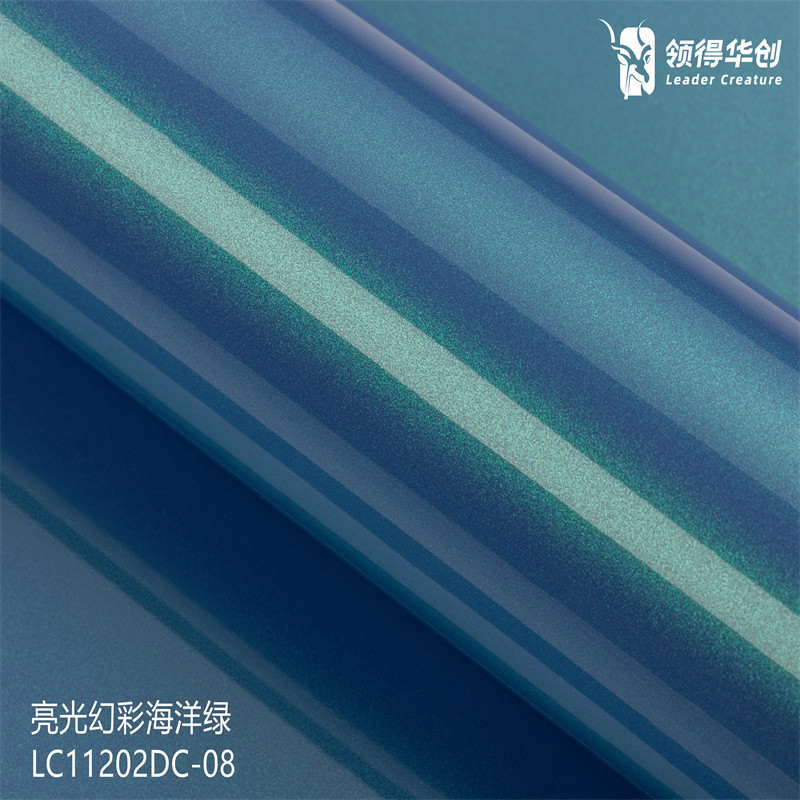
Best Practices For Dealing With Rust
Rust Removal
Before considering a car wrap, thorough rust removal is imperative. Use efficient procedures like sanding, wire brushing, or sandblasting to remove rust from afflicted areas. Complete removal is essential to prevent the corrosion from spreading beneath the wrap.
Priming And Surface Preparation
After rust removal, applying a rust-inhibiting primer is crucial to halt further corrosion. Ascertain that the surface has been properly prepared and is free of corrosion, pollutants, and imperfections. A smooth and well-primed surface provides the optimal foundation for the car wrap, enhancing its longevity and visual appeal.
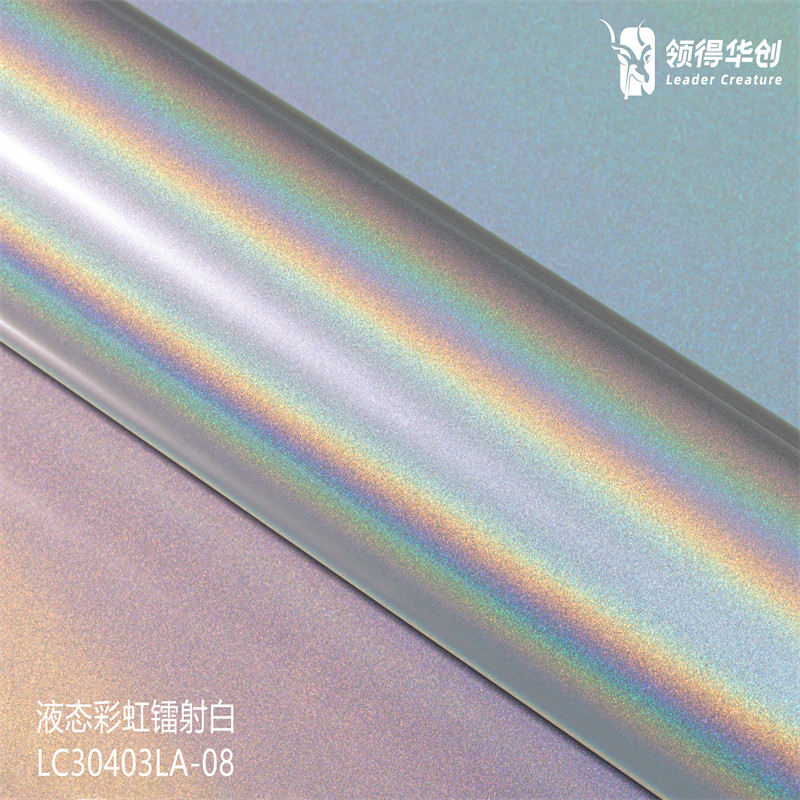
Professional Installation
To achieve the best results, it is strongly recommended to seek professional installation services. Experienced installers are capable of addressing rust-related issues and ensuring correct surface preparation. Professional installation not only enhances the visual outcome but also contributes to the longevity of the car wrap.
Conclusion
While car wraps offer a creative and customizable way to change a vehicle's appearance, they are not a solution for rust-related issues. If you know that your car is in good condition but just needs a new look, then look no further than HANTAI. Contact us today to find out the high-quality car wrap for your car.
FAQs
Q1: Can a car wrap prevent rust from spreading?
Answer: No, car wraps cannot prevent the spread of rust. Car wraps are designed for cosmetic purposes and offer no protective qualities against the corrosion process. To address rust, thorough removal, and proper surface treatment are essential before considering a car wrap.
Q2: Is it possible to apply a car wrap over surface rust temporarily?
Answer: While it is possible to apply a car wrap over surface rust temporarily, it is not a recommended solution. The rust should be addressed beforehand to prevent further corrosion. Keep in mind that a car wrap is not a permanent fix for rust-related issues and should be considered a cosmetic enhancement rather than a protective measure.
Q3: How long does a car wrap last over a rust-treated surface?
Answer: The lifespan of a car wrap over a rust-treated surface depends on various factors, including the quality of the installation, the extent of rust treatment, and environmental conditions. Generally, a professionally installed car wrap on a well-prepared surface can last several years. However, it's crucial to understand that the wrap does not contribute to the prevention or control of rust; it merely serves as a visual enhancement.a


